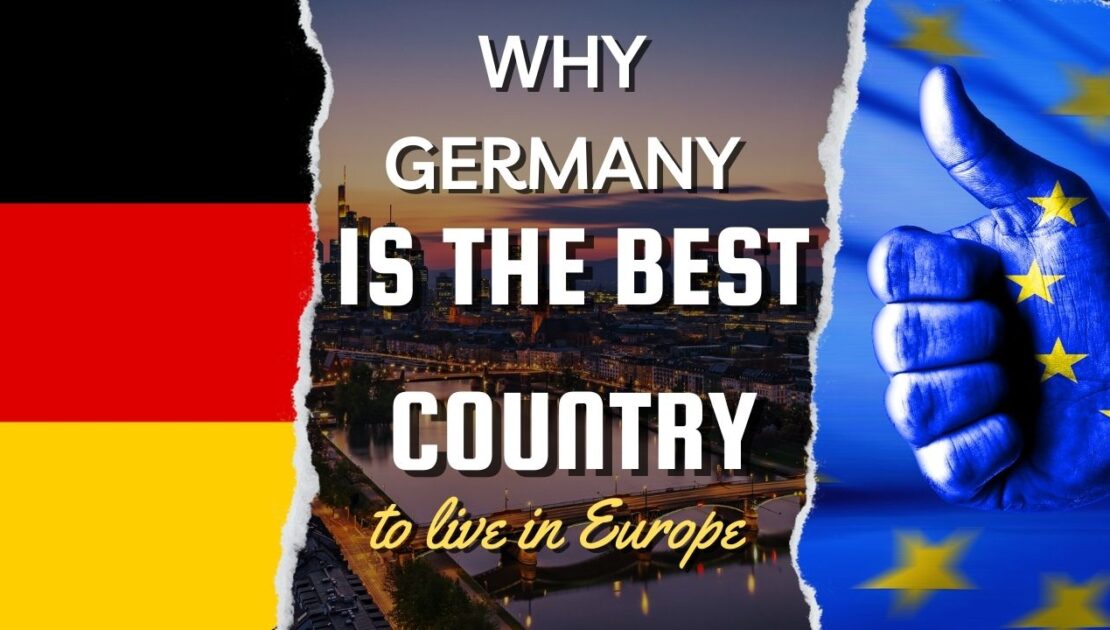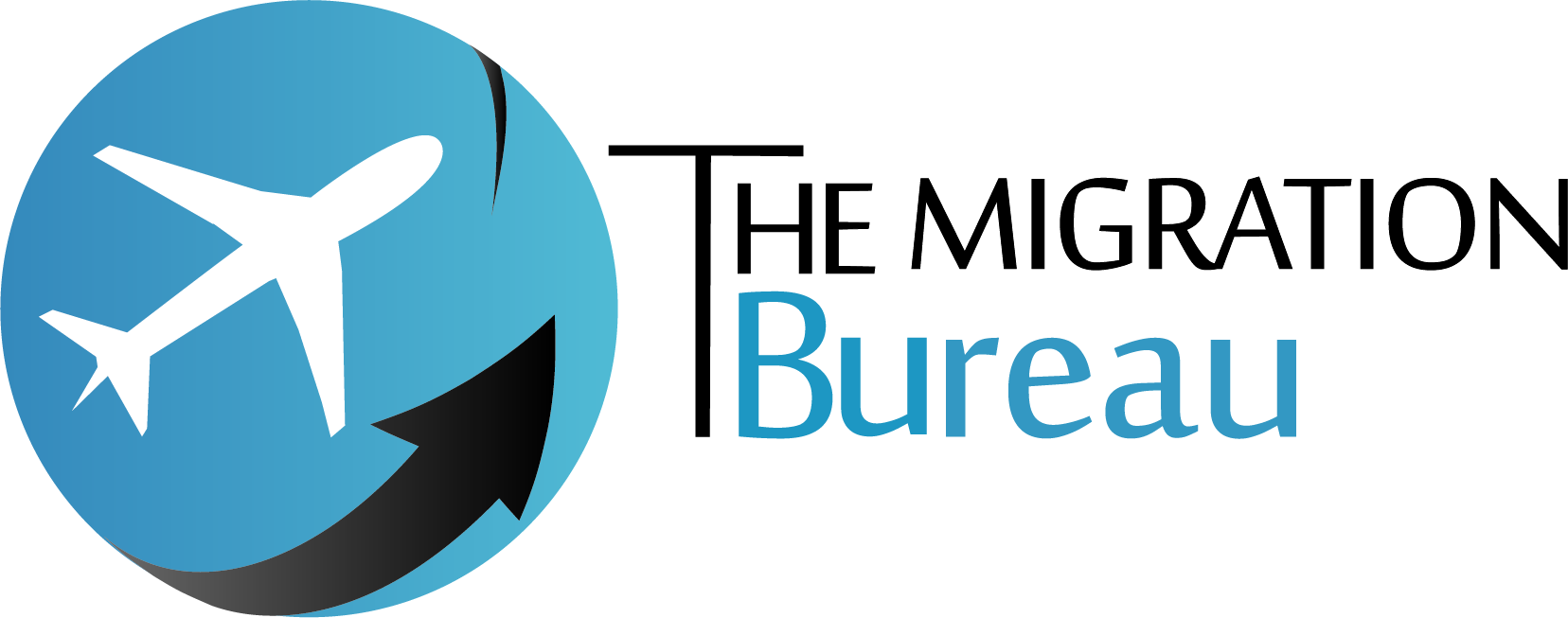- 25 March 2023
- The Migration Bureau
- No Comments

Germany the best country to live in Europe
Finally Eurostat published new statistics regarding minimum wages in EU in january 2023.
Minimum wage statistics, as published by Eurostat, refer to national minimum wages.
The national minimum wage usually applies to all employees, or at least to a large majority of employees in a country.
The basic national minimum wage is fixed at an hourly, weekly or monthly rate, and this minimum wage is enforced by law (the government), often after consultation with social partners, or directly by a national intersectoral agreement.
Minimum wages are generally presented as monthly wage rates for gross earnings,
Gross earning is, before the deduction of income tax and social security contributions payable by the employee;
These deductions from your gross salary vary from country to country, depending on tax rates and other compulsory contributions.
National minimum wages are published by Eurostat bi-annually.
They reflect the situation on 1 January and 1 July of each year.
Minimum wages in the EU Member States in January 2023 ranged from
399 euro per month in Bulgaria
to €2 387 per month in Luxembourg
So same like in last year- the lowest salary is in Bulgaria and the highes is in Luxemburg.
On 1 January 2023, 22 out of the 27 EU Member States had a national minimum wage including Cyprus.
EU countries without a national minimum wage were:
Denmark, Italy, Austria, Finland and Sweden.
Monthly minimum wages vary widely across the Member States, from €399 in Bulgaria to €2 387 in Luxembourg.
Among the seven candidate and potential candidate countries, five had a national minimum wage (Montenegro, North Macedonia, Albania, Serbia and Türkiye)
which was not the case of Bosnia and Herzegovina nor Kosovo*.
Based on the level of their national gross monthly minimum wages applicable on 1 January 2023, expressed in €,
the EU Member States concerned may be classified into three different groups;
Group 1,
with a national minimum wage above €1 500 per month.
This group includes: Luxembourg, Germany, Belgium, the Netherlands, Ireland and France.
Their national minimum wages ranged from €1 709 in France to €2 387 in Luxembourg.
Group 2,
with a national minimum wage higher than €1 000 but lower than € 1 500 per month.
This group includes: Slovenia and Spain.
Their national minimum wages were €1 167 in Spain and €1 203 in Slovenia.
Group 3,
with a national minimum wage below €1 000 per month.
This group includes:
Cyprus, Portugal, Malta, Lithuania, Greece, Poland, Estonia, Czechia,
Slovakia, Croatia, Latvia, Romania, Hungary and Bulgaria.
Their national minimum wages ranged from €399 in Bulgaria to €940 in Cyprus.
Now, once we know how much we can earn as minimum in each country, Lets take a look into different statistics which are even more important:
gross minimum wages applicable on 1 January 2023, after adjusting them to price differences across countries.
This is done by using purchasing power parities (PPPs) for household final consumption expenditure.
As might be expected, this adjustment reduces differences across countries.
EU Member States with the national minimum wage may be classified into two different groups:
Group 1, with a national minimum wage above PPS 1 000. This group includes: Germany, Luxembourg, Belgium, the Netherlands, France, Slovenia, Ireland,
Poland, Spain, Lithuania, Romania and Cyprus.
Their national minimum wages ranged from PPS 1 038 in Cyprus to PPS 1 843 in Germany.
Group 2, with a national minimum wage below PPS 1 000.
This group includes: Portugal, Croatia, Malta, Hungary, Czechia,
Greece, Estonia, Slovakia, Latvia and Bulgaria. Their national minimum wages ranged from PPS 717 in Bulgaria to PPS 987 in Portugal.
The purchasing power standard (PPS) , eliminates the effect of price level differences across countries created by fluctuations in currency exchange rates .
For you as an employee it is definitely more important how many products and services you can buy if you are earning the minimum salary in one of the EU countries.
therefore, it is worth choosing the country in which you want to work, taking into account the prices of goods and services in this country – not only salaries.
Your choice should be one of the country from group number one, which include:
Germany, Luxembourg, Belgium, the Netherlands, France, Slovenia, Ireland, Poland, Spain, Lithuania, Romania and Cyprus.
Also remember that not all of EU countries as minum wage intruduced by government.
Have you every thought in which country you would like to live and why ?
Please let us know in the comment section.










